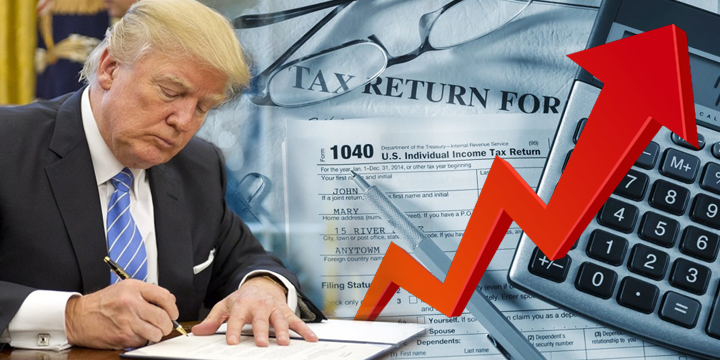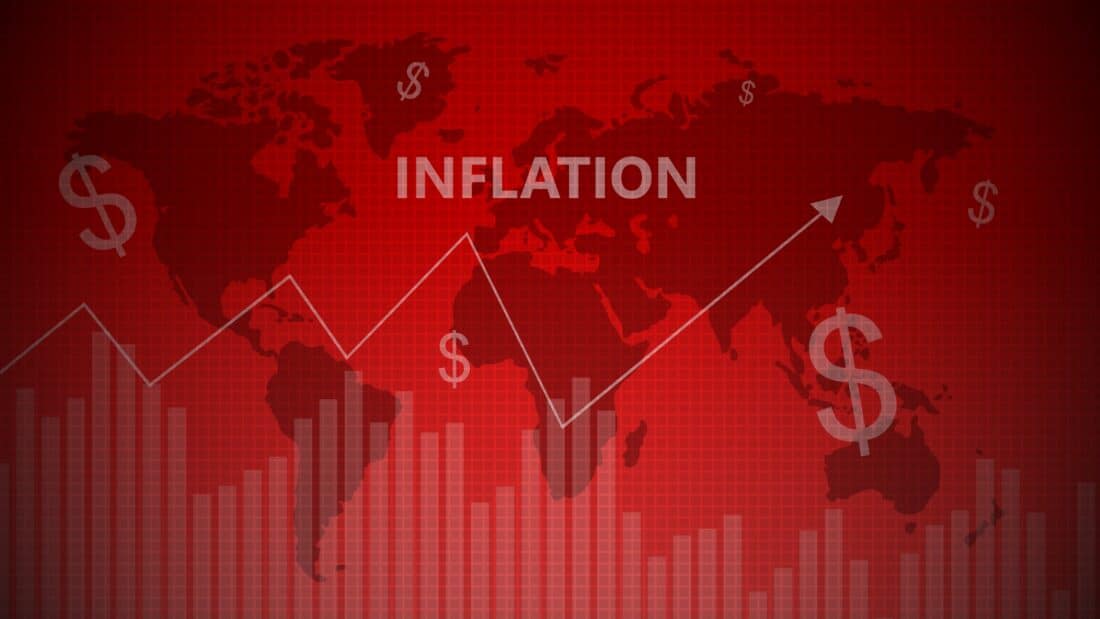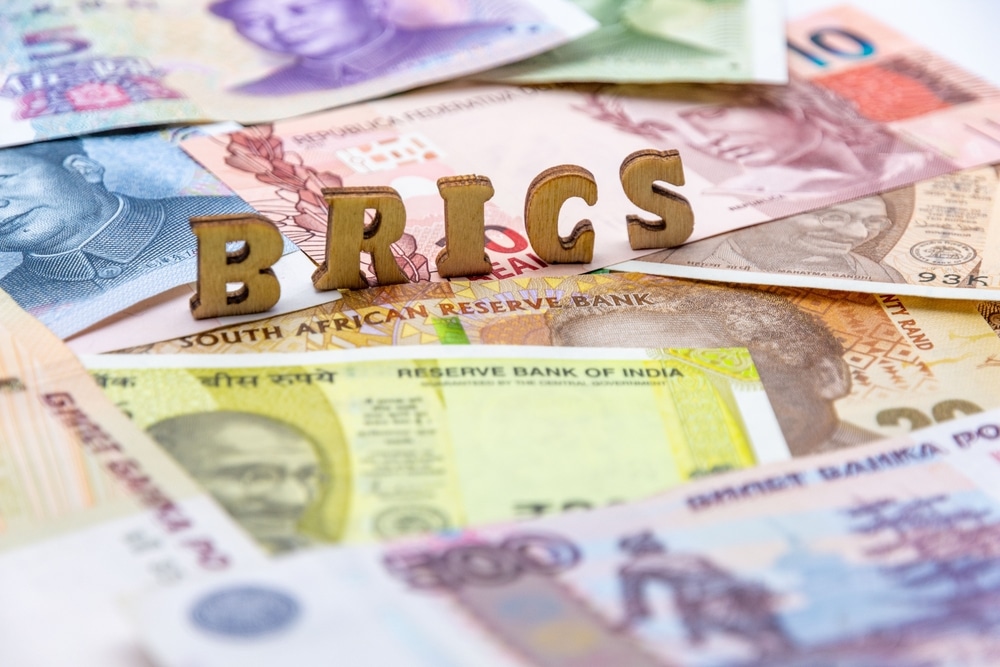
Did Trump Just Orchestrate the Biggest Hidden Tax “Hike” in American History?
There are plenty of debates raging as to whether the Trump tariffs are going to help or hurt the economy.
Will the steel and aluminum import tariffs applied across the board put the US economy in a precarious position, possibly even triggering a global trade war?
Or will the threat of such an imposition give us the political leverage to renegotiate the terms of unfavorable trade agreements while allowing us to apply such measures in a more surgical manner?
Ultimately, we need to move beyond politics, take a hard look at the facts, and see both sides of the argument.
Tariffs come with several disadvantages, and we need only to look at the recent past to find examples of its negative effect on the American economy.
In 2012, President Obama imposed tariffs on Chinese-manufactured tires.
The end result is that the US ended up saving or creating 1,200 JOBS.
But here's the catch: Americans ended up paying more for tires--a price hike to the tune of $1.1 Billion.
Do the math and the results make no economic sense.
Obama made Americans collectively pay $900,000 for every single job saved or created!
If there was growth in that industry, its because Americans were forced, via the effect of tariffs, to subsidize it--a tax without a "tax" in which money was redistributed toward a specific industry.
The extra money that Americans would have saved, might have been spent on products and services in other segments of the economy.
Hence, the tire industry grew thanks to the tariffs, but at the expense of other industries that shrunk.
To be fair, we believe that President Trump's tariffs are backed by good intentions, namely to save and protect the US steel and aluminum industries from foreign competition.
The main thing everyone has to be concerned about, however, is the unintended consequences that go along with such large-scale decisions--namely that such a move:
- Imposes a hidden tax burden on Americans…
- Potentially increases the cost of living…
- And stifles the growth of entrepreneurs and businesses using either the taxed (foreign) or higher-cost (US) materials.
And this is just steel and aluminum products alone; not taking into account the larger consequences of a global trade war should it come to that.
Essentially, these tariffs may take away some of the advantages that the GOP tax reform offers us.
But should retaliation on a global scale strike us in the form of a trade war, those advantages will be rendered nil.
From another vantage point: Although the markets haven't reacted favorably to Trump's tariffs, he has also become mainstream media's favorite scapegoat for the recent market downturns.
This only serves to obfuscate the real issue that, at least for anyone paying attention to the economy, should have been all too obvious.
Fed Chair Jerome Powell clearly stated that there will be interest rate hikes in 2018.
The Fed aims to unwind its balance sheet.
The Fed had stated three hikes.
Shortly afterward, there were speculative rumors of a possible four.
Not only do markets dislike uncertainty, it also got accustomed to the Fed-induced interventions (QE) that played a significant role in powering our near decade-long bull run.
Now that cheap money has come to an end, we can see its consequences: volatility has become an explosive force in the markets amid fundamental and sentiment-driven confusion.
You'll notice how the markets this year were highly sensitive to Fed announcements and any news regarding inflation-related forecasts.
Just last February, the Dow dropped 1,500 points, a loss of around $23 billion.
It just so happens that Trump's tariffs were announced at a time when the markets may be shifting in its course toward a more natural, and less artificial, business cycle.
Of course, it doesn't help that Trump took credit for the Fed-induced market rally, popularly dubbed the "Trump Trade."
Should the market continue plunging in a manner reminiscent of 1987, or should it develop into a full-blown 2008-style financial crisis, Trump will be the Left's and mainstream media's number one scapegoat.
That's too bad, as any smart investor would know that such a catastrophe was already in the cards...years before the average investor even took notice of it.











